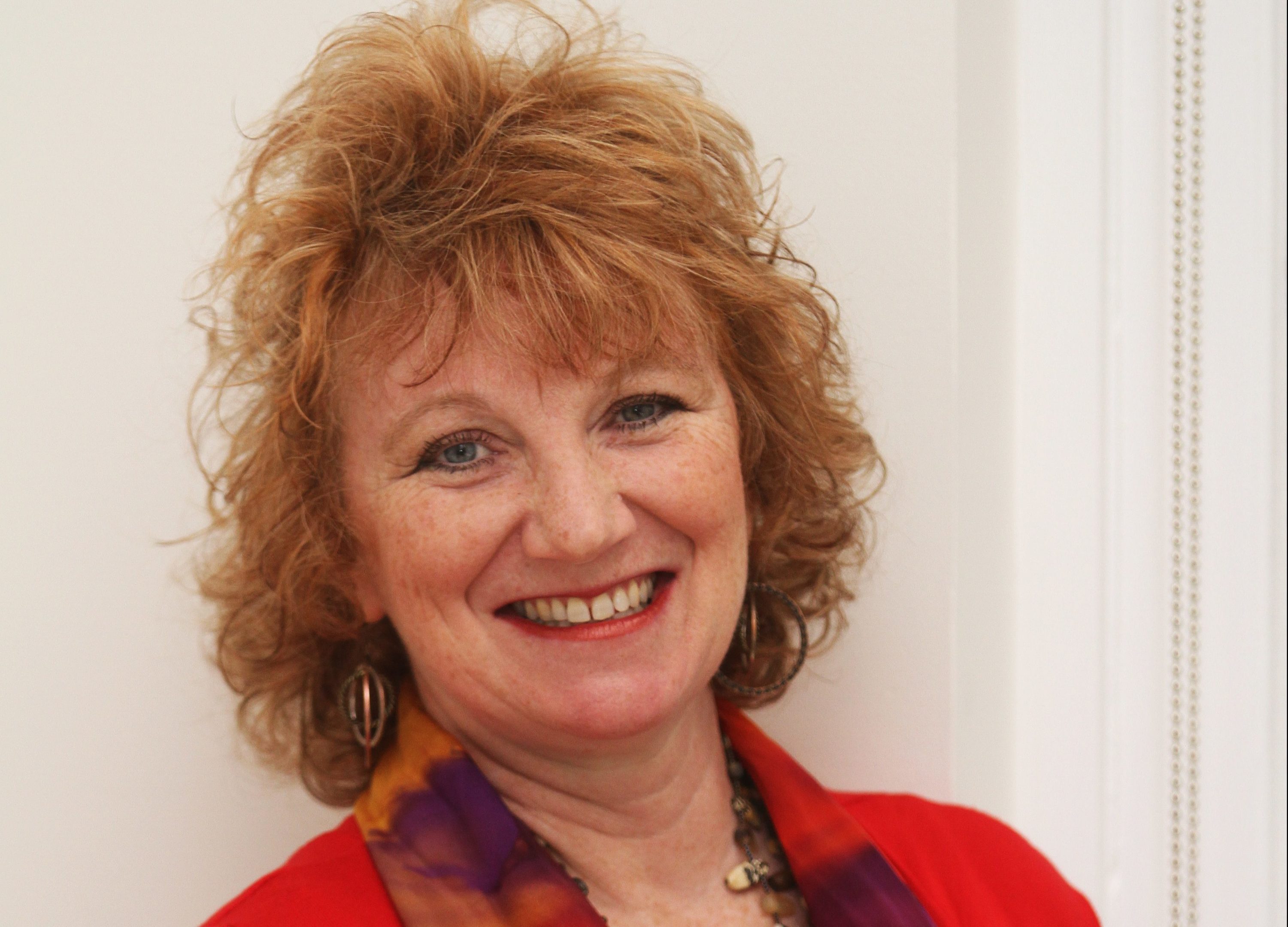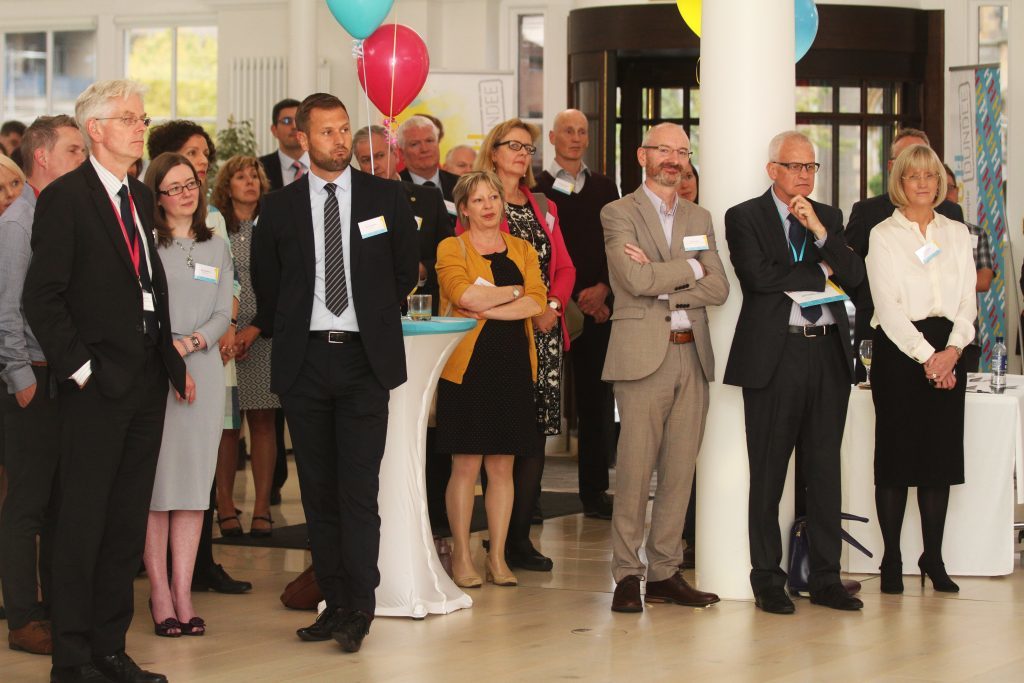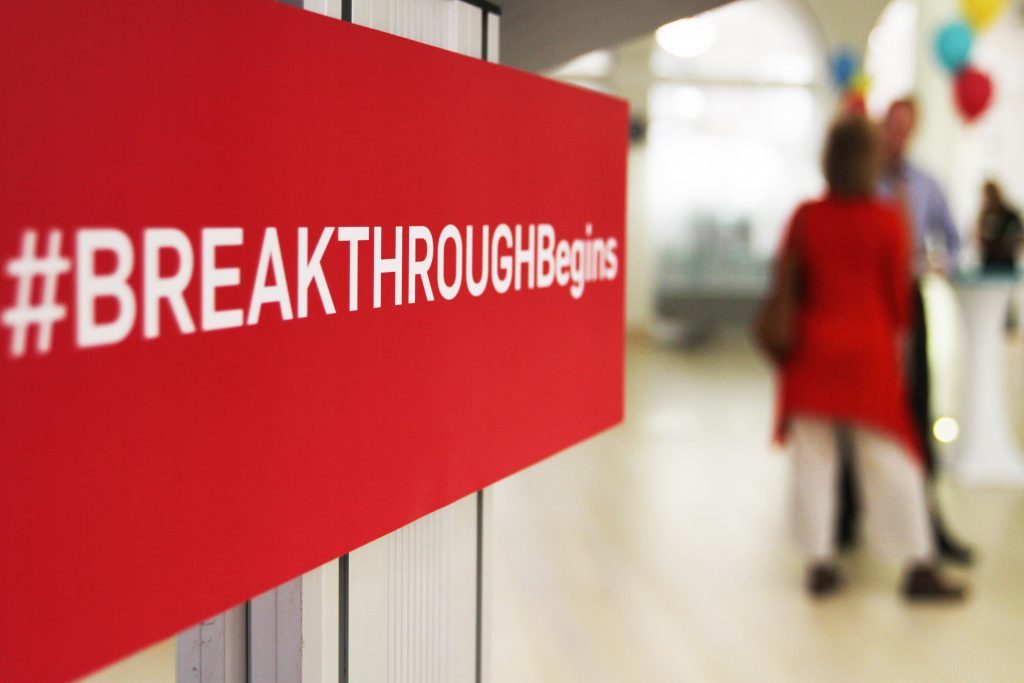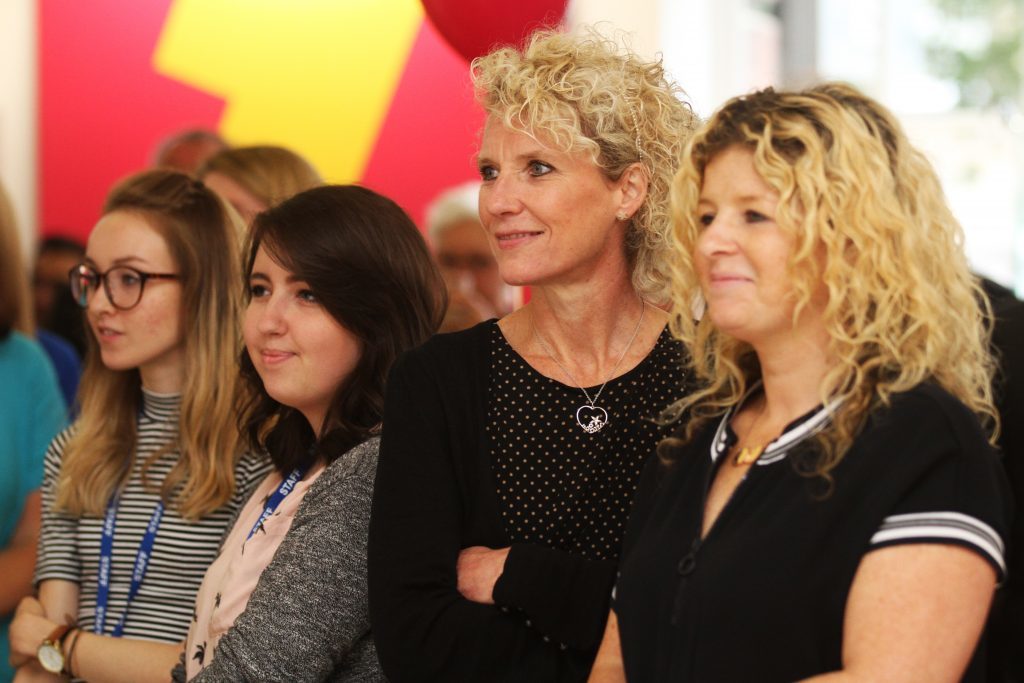An internationally renowned American-born research scientist who is fascinated by babies’ innate capacity to connect has given her backing to the new £1 million BREAKTHROUGH Dundee mentoring scheme.
Dr Suzanne Zeedyk, who has been based within the Dundee University School of Psychology since 1993, said the project was of great interest to her as science now recognises the impact that positive and negative adult behaviour has on the development of children’s brains.
Dr Zeedyk, who completed her PhD at Yale University and stepped away from a full-time academic post to establish an independent training enterprise Connected Baby in 2011, was amongst the 160 guests who attended the launch of BREAKTHROUGH Dundee on Tuesday night.
And with relationships vital for human health, happiness and well-being, she particularly welcomes the aims of BREAKTHROUGH to embed positive relationships at the heart of helping young people who are struggling in some way.
“The key message I hope I can contribute is that having a safe, secure relationship actually changes your biology, which I think is incredibly interesting and exciting,” she said in an interview with The Courier.
“That feeling there is one person in the world who is reliable, that if you are overwhelmed or sad or anxious you can go to. It literally changes our biology, it makes us feel safe. We have a whole science now that’s helping us understand that.”
Dr Zeedyk said people often think babies are not very aware of their environment.
But this, she said, is “very not true”.
“Babies are much more aware than people realise and their brains are growing very rapidly,” she added.
“If you as a baby have a life that is scary – and things can be scary that adults don’t even realise – then it can have a huge impact. For example if parents shout, babies brains are shaped by shouting that goes on after they are asleep. People don’t know that. It’s fascinating.
“But it’s also unnerving for people to know that. So if you are a baby that’s been brought up during a period of a lot of stress then that has been built into the brain during the period of time they are growing most rapidly, you are filled with a stress hormone called cortisol which influences your ability to calm down or trust your child care staff, or to engage in learning at school.
“So by the time you get to adolescence – the period BREAKTHROUGH is interested in and your brain is going through another period of rapid growth – that’s a fantastic period to put support in for young people because the brain is changing and the body’s experience of stress is changing.”
BREAKTHROUGH Dundee is being developed to boost the life chances of secondary-aged young people who are vulnerable or have experienced care.
It will provide a 1:1 programme, designed to improve pupils’ academic performance and to support them in achieving a positive destination after they leave school.
The programme begins in Morgan Academy this month and will be followed by a second school, St Paul’s RC Academy, in October.
It is intended that all eight of Dundee’s secondary schools would be involved in the programme by 2019, supporting up to 500 young people.
For more information and to find out how to become a mentor, go to www.breakthroughdundee.co.uk













